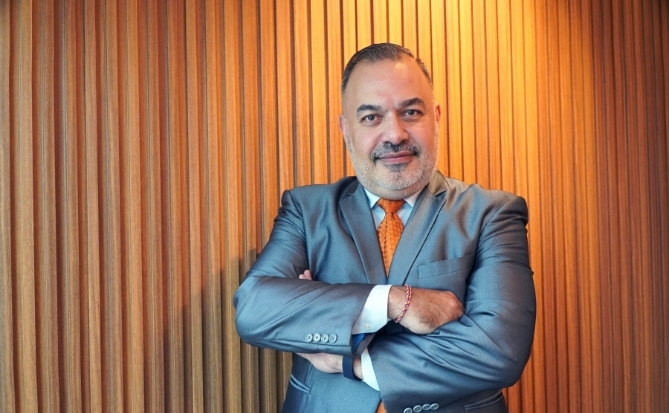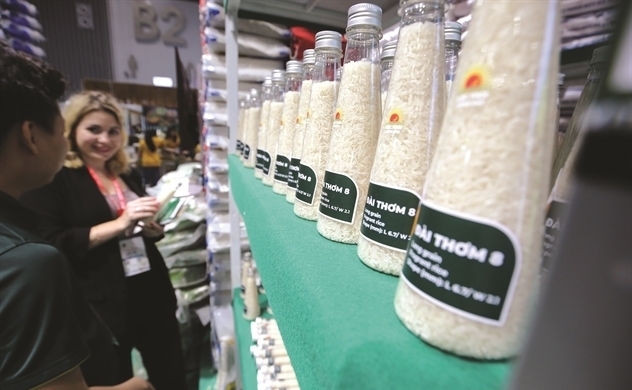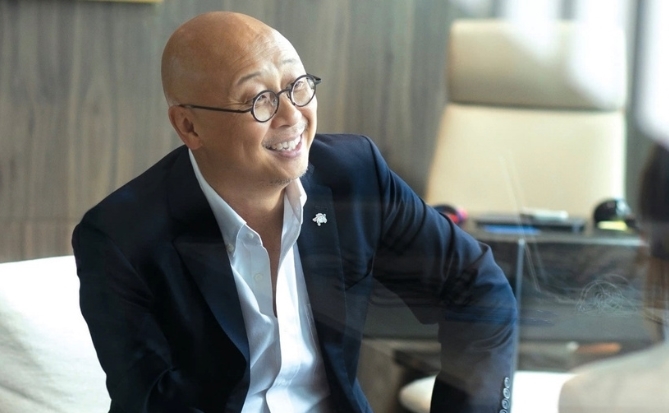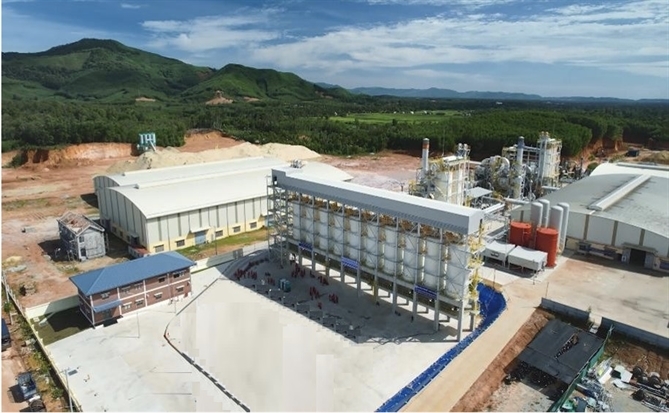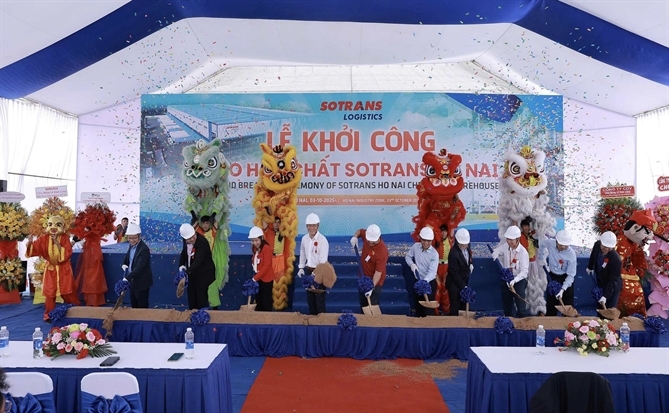US government urged to drop investigation into Vietnam’s currency practices
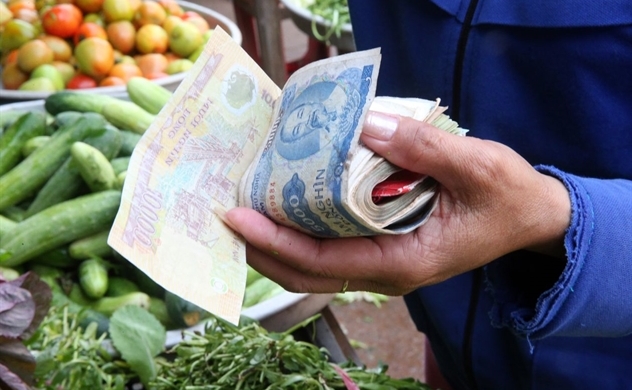
The U.S. said Monday that Vietnam’s currency, the dong, was undervalued by 4.7%. PHOTO: GODONG/UNIVERSAL IMAGES GROUP/GETTY IMAGES
“Any actions by USTR at this point threatens to disrupt Treasury's leverage with Vietnam and the ability to restore market balance,” POLITICO cited Jerry Cook, vice president for government and trade relations at HanesBrands Inc.
He made the suggestion during a Trump administration hearing into whether the Southeast Asian nation deliberately undervalues its currency for an unfair trade advantage.
The currency probe into Vietnam’s monetary practice was launched by the U.S. Trade Representative Robert Lighthizer in October under Section 301 of the 1974 Trade Act, which allows USTR to unilaterally impose retaliatory tariffs in response to what it determines is an unfair foreign trade practice.
The law has never been used to investigate another country’s currency practices, and Lighthizer’s action in the area is an intrusion into a policy space that traditionally has been overseen by the Treasury Department.
Several industry leaders fear that Lighthizer and President Donald Trump have already decided to impose tariffs on Vietnam before leaving office on Jan. 20. But they used Tuesday’s hearing to again highlight the damage that action could do to their businesses, as well as to U.S. relations with one of the fastest-growing markets in Asia.
The industry insiders also warned that tariffs on Vietnam could hit consumer goods, such as clothing and electronics, while encouraging Hanoi to retaliate on American exports ranging from pork to aerospace, power and health equipment.
Many U.S. exporters have already lost sales because of the retaliation imposed by China, the European Union and other countries in response to the Trump administration’s previous tariff actions.
US farmers have already suffered painful damaged since the past three years, when US and China imposed tit-for-tat tariffs, the magazine cited Maria Zieba, director of international affairs at the National Pork Producers Council.
“Having labeled Vietnam a currency manipulator, the Secretary of the Treasury is in fact compelled to pursue enhanced bilateral engagement with Vietnam, and barring sufficient progress is afforded by law a range of policy options for addressing U.S. concerns,” said Sam Rizzo, senior director of policy at the Information Technology Industry Council.
► US tariffs may cost Vietnam $57 bln, hurting agriculture: PM Phuc
► Vietnam’s monetary policy not intended to create an unfair trade: central bank
Source: POLITICO

 TIẾNG VIỆT
TIẾNG VIỆT 
